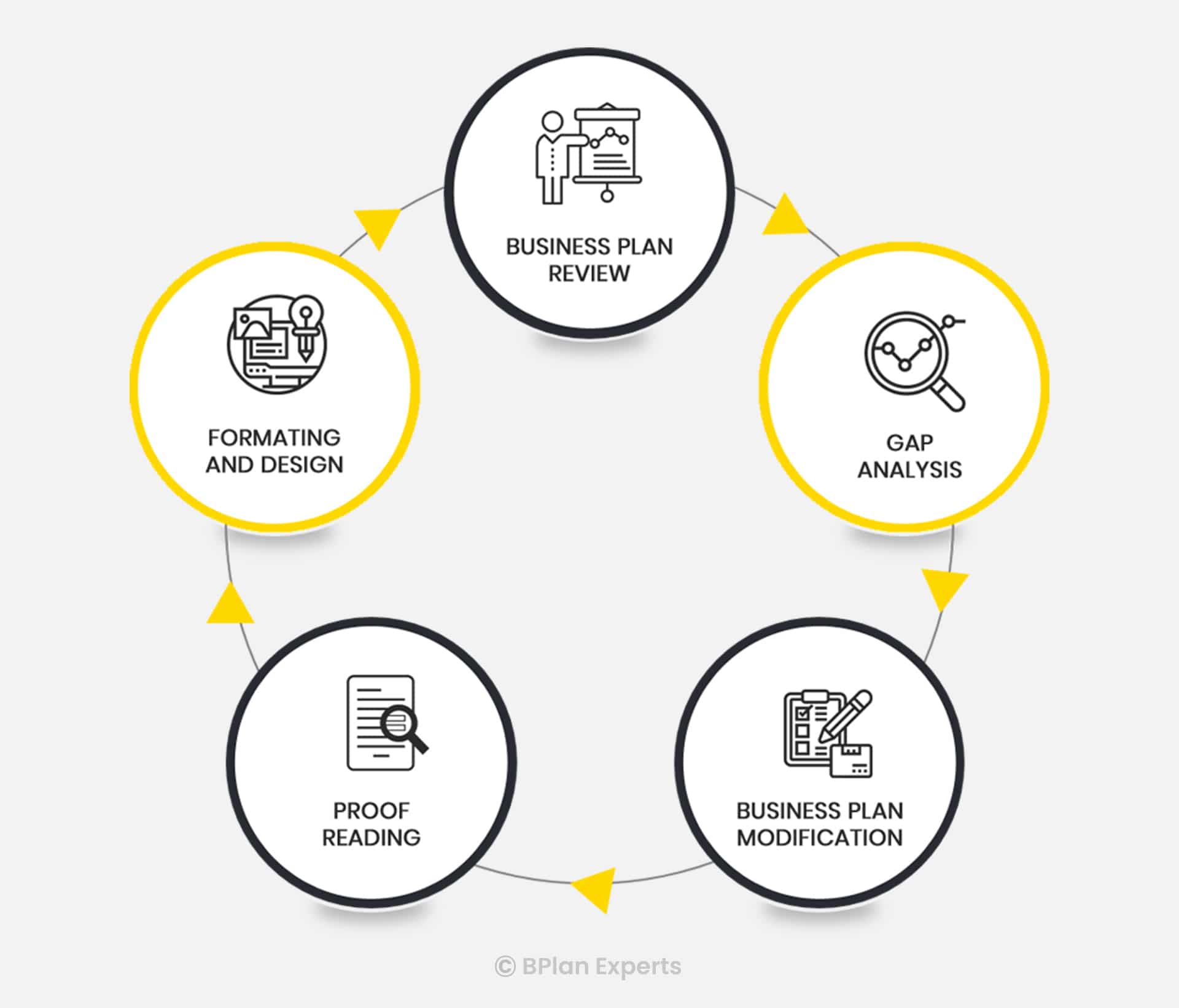Last Updated on April 7, 2025 by Caesar

A business plan is often seen as a foundational document created during the launch of a company. However, what many businesses overlook is the necessity of regularly reviewing and updating their business plan. The marketplace is dynamic—customer preferences shift, technology evolves, competition increases, and economic conditions change. Without consistent review, even the most well-written business plans can become outdated and ineffective. In this article, we explore why routine evaluation of your business plan is not just beneficial but essential for sustainable success.
1. Aligns Strategy with Market Changes
Market environments are constantly evolving. Whether due to new regulations, technological advancements, or emerging customer needs, companies must adapt. By regularly reviewing your business plan, you ensure that your strategy stays aligned with current market realities. This allows for timely pivots and innovations that keep your business competitive and relevant.
2. Measures Performance Against Goals
One of the primary purposes of a business plan is to set objectives and benchmarks. Regular reviews allow companies to compare actual performance with these targets. Are sales on track? Is customer acquisition within expectations? These insights can lead to important adjustments in tactics, timelines, or even business models to stay on course.
3. Supports Better Decision-Making
A business plan that is regularly updated provides a clear picture of the current state of the company, which aids in decision-making. Executives and team leaders can rely on current data, updated forecasts, and revised goals to guide strategic and operational choices. Without regular updates, decisions are made based on outdated assumptions, which can lead to missteps.
4. Prepares for Funding or Investment Opportunities
Investors and lenders often require up-to-date business plans as part of their evaluation process. A stale or outdated document may raise concerns about your business’s direction or management. Keeping your business plan current ensures that you’re always ready to present a compelling case when opportunities arise, improving your chances of securing funding or partnerships.
5. Encourages Team Alignment and Accountability
A business plan isn’t just for investors—it’s a roadmap for your team. Reviewing it regularly reinforces your company’s vision, mission, and goals. It helps align departments and individuals around shared priorities and establishes accountability for results. Everyone knows what they’re working toward and why.
6. Enables Identification of New Opportunities
During a business plan review, you may uncover untapped markets, emerging trends, or ways to improve your operations. Revisiting your competitive analysis and customer insights can reveal growth opportunities you may have missed in the daily grind of operations. Regular planning sessions create space for strategic thinking and innovation.
7. Improves Financial Planning and Resource Allocation
Business plans contain vital financial projections and budgeting details. Regular reviews ensure these numbers reflect current realities and enable better cash flow management. By updating cost structures, revenue forecasts, and investment needs, you can allocate resources more effectively and avoid unnecessary financial risks.
8. Reinforces Adaptability and Resilience
In a rapidly changing business environment, adaptability is a competitive advantage. Reviewing your business plan helps your company stay agile, assess risk factors, and prepare for disruptions. This proactive approach fosters a culture of resilience, enabling your business to weather economic downturns or industry shifts more effectively.
9. Keeps You Aligned with Long-Term Vision
Amid the daily challenges of running a business, it’s easy to lose sight of the bigger picture. A regular review helps re-center your efforts around your long-term vision. It acts as a checkpoint to ensure that all strategic decisions are contributing to your overarching goals and not just addressing short-term issues.
Conclusion
A business plan should not be a static document tucked away in a drawer. Instead, it should evolve with your business and serve as a living tool for strategy, communication, and accountability. Regular reviews enable you to adapt to change, seize new opportunities, and stay on track toward achieving your goals. Make business plan reviews a routine practice, and you’ll build a stronger, more resilient, and more focused organization.

